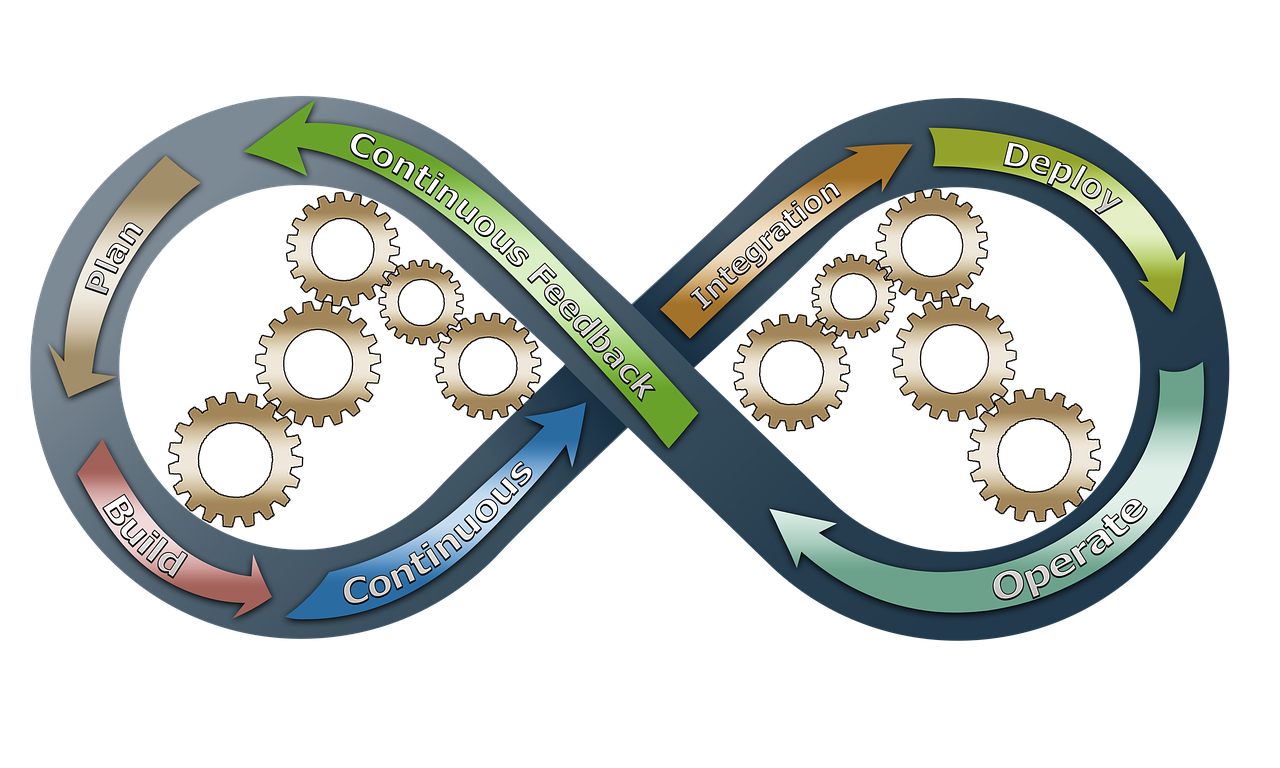
DevOps is a social and specialized development that underscores coordinated attempt, correspondence, and reconciliation among programming engineers and IT tasks professionals. It expects to mechanize and easy out the product conveyance manner, from development and trying out to organisation and checking, making certain faster and more reliable deliveries.
Center Standards of DevOps
Culture of Joint attempt: Cultivate a commonplace duty and cooperation amongst improvement and tasks groups to perform normal commercial enterprise goals.
Mechanization: Execute computerization for constructing, testing, and sending packages, lessening manual errors and speeding up discharge cycles.
Persistent Coordination (CI) and Consistent Sending (Cd): Embrace CI/Album pipelines to robotize the product conveyance manner, empowering regular and dependable code discharges.
Checking and Criticism: Use observing apparatuses to accumulate regular data on software execution and customer enter, empowering proactive improvements and fast reactions to issues.
Advantages of DevOps
Quicker Time to Market: Smoothed out cycles and computerization diminish development cycles, allowing institutions to deliver programming updates and highlights all of the extra as often as feasible.
Further developed Coordinated attempt: Separate storehouses among agencies, encouraging a tradition of cooperation and shared legal responsibility regarding the whole programming conveyance lifecycle.
Upgraded Quality: Nonstop trying out and coordination guarantee early region of bugs and problems, further developing in general programming exceptional and consumer achievement.
Versatility and Adaptability: DevOps rehearses empower institutions to scale framework and programs successfully, adjusting to changing commercial enterprise
 Contact us
Contact us